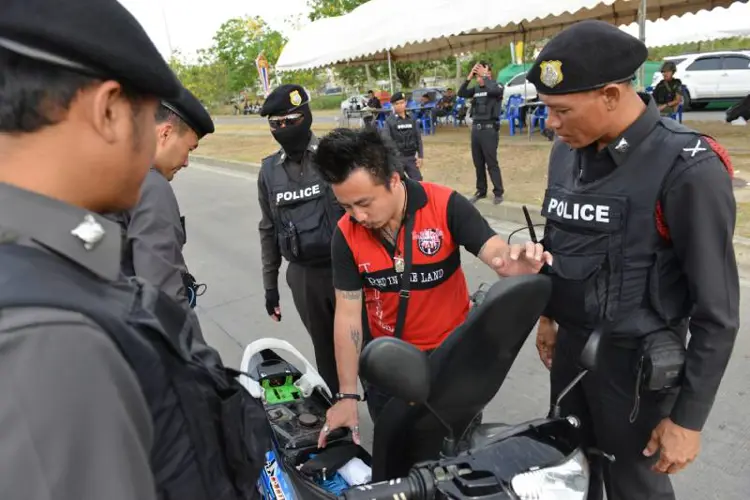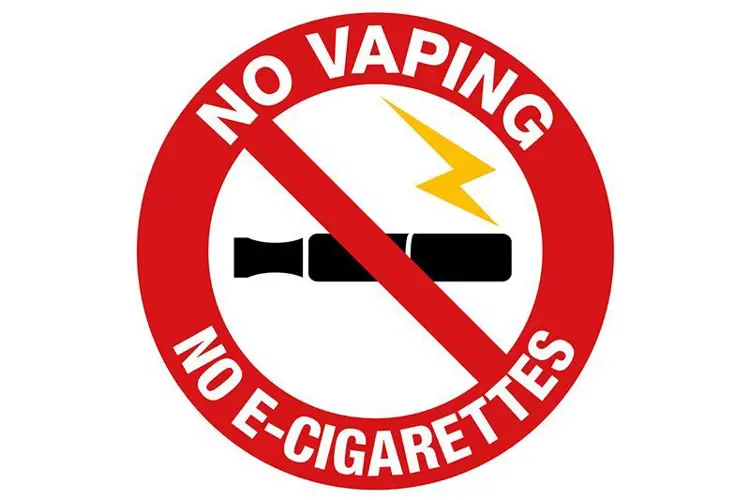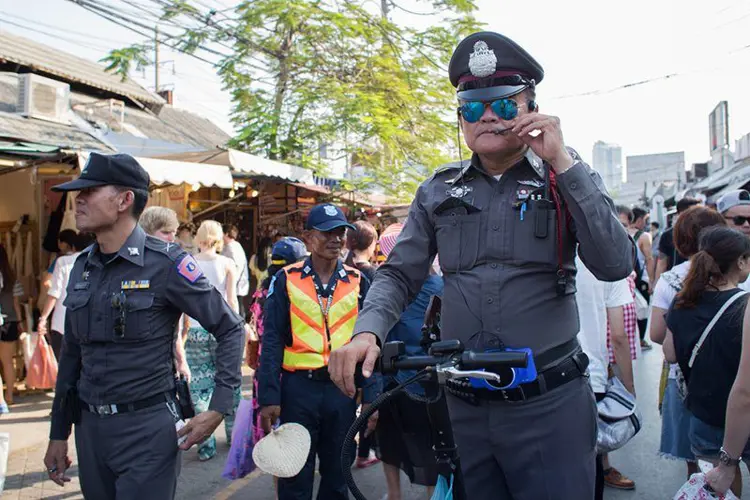The government of Singapore announced today that it has convicted eight people since November 2020 of selling vaping products, handing out fines and prison terms. A 25-year-old man has been convicted of simple possession and fined.
The eight sellers were fined a total of 172,500 Singapore dollars (about $128,000 U.S.), with one repeat offender sentenced to a week in prison and a S$61,000 fine, according to a press release. The Singapore Health Sciences Authority (HSA) prosecuted the cases, which occurred between November 2020 and February of this year.
Four of those convicted did not pay their fines, and were forced to serve prison sentences ranging from 22 to 122 days.
After prohibiting sales of vaping products in 2011 (with an “imitation smoking product" law), Singapore added a ban on possession and use in 2018. Black market sellers typically find customers on social media, and sell by mail, pop-up websites, or face-to-face meetings.
But despite the bans on sales and possession, the wealthy island nation is home to a thriving black market in vaping devices and e-liquid. Between January 2018 and February 2021, the HSA says it has prosecuted 43 people for sales of vapes. Hundreds of thousands of dollars in fines have been assessed, including a single fine of S$99,000 (about $74,000 U.S.) for online vape product sales.
Many Asian countries have banned sales of vaping products, often citing the anti-harm reduction position of the World Health Organization (WHO) and its anti-tobacco arm the Framework Convention on Tobacco Control (FCTC) as motivation.
A recent UK parliamentary inquiry recommended that the British government withhold funding to the FCTC in response to the treaty organization’s opposition to tobacco harm reduction measures. The FCTC and the WHO’s other tobacco control operations are heavily influenced by anti-vaping tobacco control organizations funded by American billionaire Michael Bloomberg.
Last month, the nicotine consumer group INNCO published a position paper challenging the Bloomberg-controlled health groups’ opposition to harm reduction. Soon after, a widely read article in The Chronicle of Philanthropy questioned Bloomberg Philanthropies’ influence over tobacco control and its anti-vaping stance.
The Freemax REXA PRO and REXA SMART are highly advanced pod vapes, offering seemingly endless features, beautiful touchscreens, and new DUOMAX pods.
The OXVA XLIM Pro 2 DNA is powered by a custom-made Evolv DNA chipset, offering a Replay function and dry hit protection. Read our review to find out more.
The SKE Bar is a 2 mL replaceable pod vape with a 500 mAh battery, a 1.2-ohm mesh coil, and 35 flavors to choose from in 2% nicotine.
Because of declining cigarette sales, state governments in the U.S. and countries around the world are looking to vapor products as a new source of tax revenue.
The legal age to buy e-cigarettes and other vaping products varies around the world. The United States recently changed the legal minimum sales age to 21.
A list of vaping product flavor bans and online sales bans in the United States, and sales and possession bans in other countries.



















